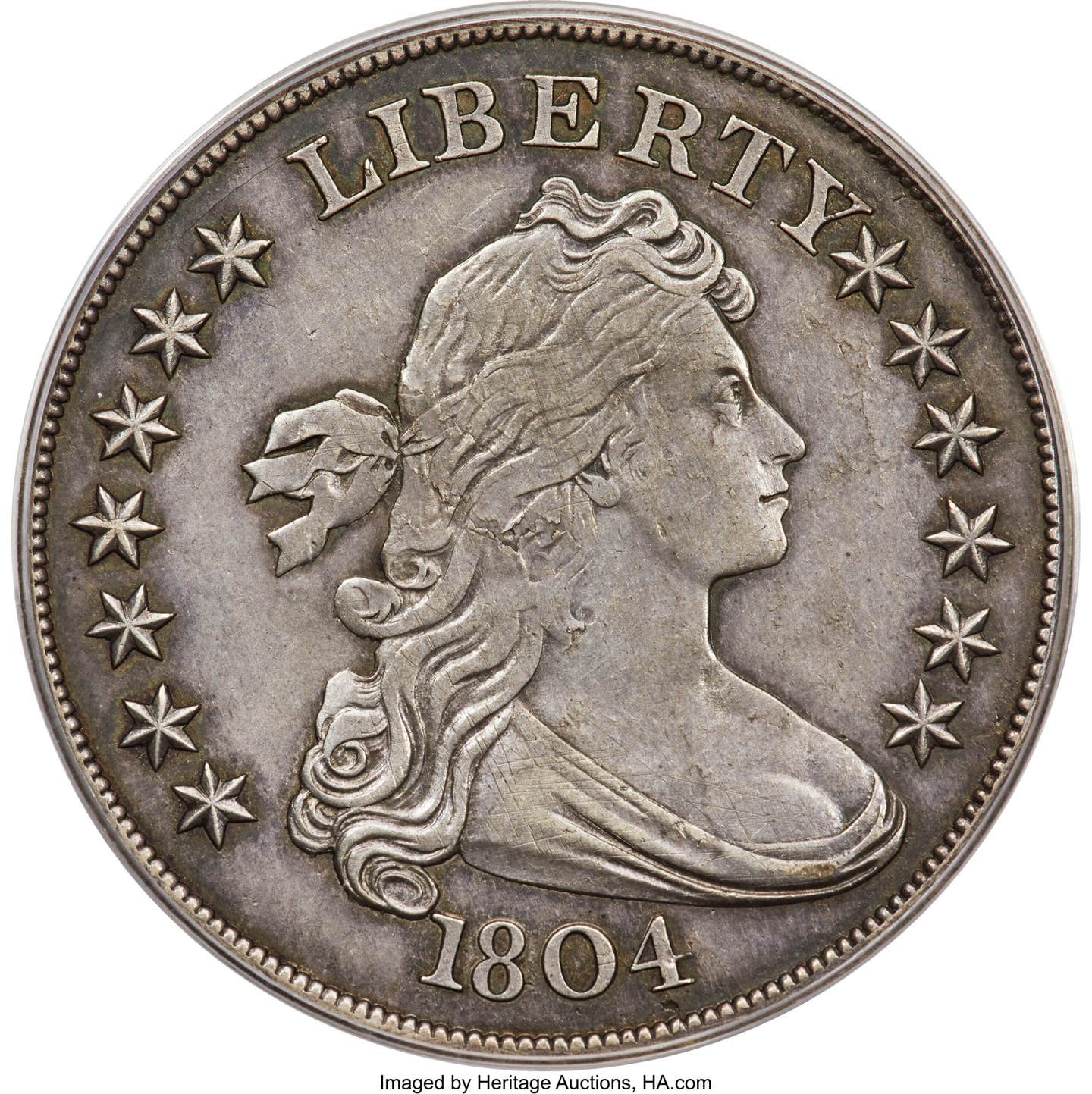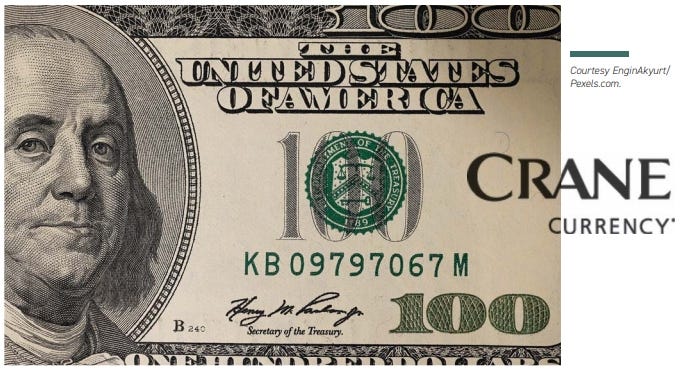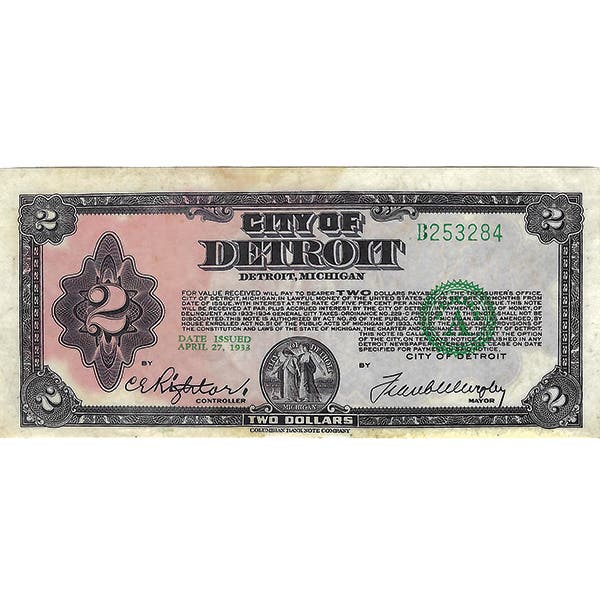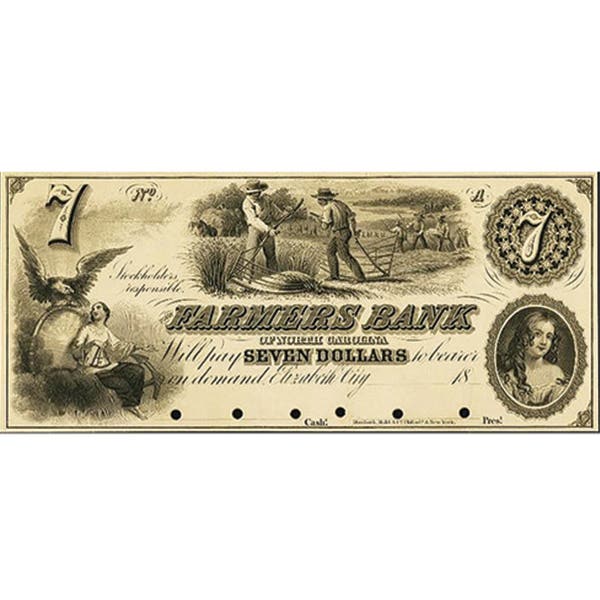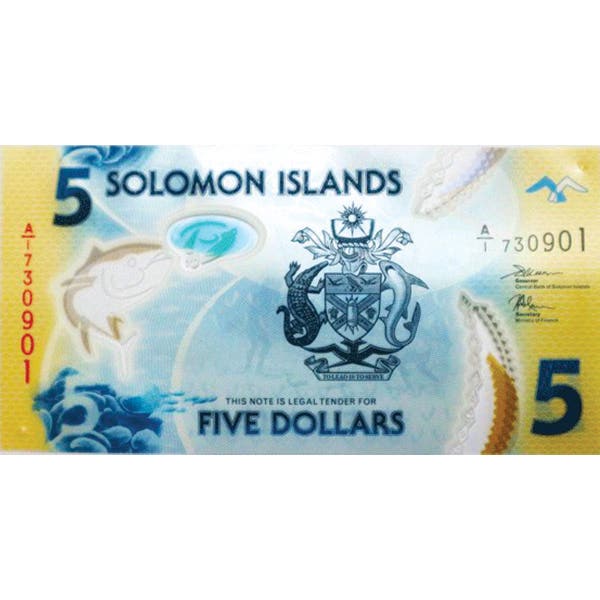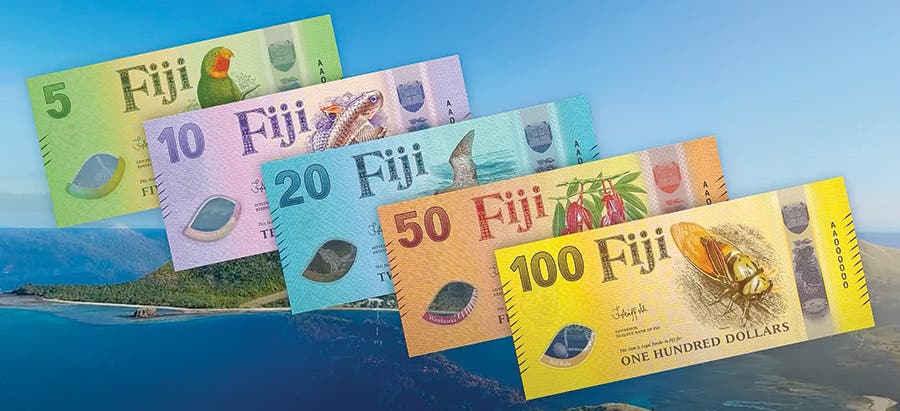Kenya Note Printing Questionable
Kenya’s central bank faces scrutiny after awarding a secret printing contract to Giesecke+Devrient, bypassing legal bidding requirements and triggering an auditor’s investigation.
Skullduggery? Kenya Auditor-General Nancy Gathungu thinks so. Although the incident was identified last year, it was only on July 25, 2025, that publications like Business Daily got news of questionable activity by Kenya’s central bank.
The Central Bank of Kenya (CBK) signed a five-year contract with security printing company Giesecke+Devrient Currency Technologies GmbH in Germany to produce needed replacement bank notes. The notes will also have color-shifting security threads that are not on the older versions. In the past, Kenya’s bank notes were printed by the English firm De La Rue.
Predecessors of De La Rue International, Thomas De La Rue and Company Ltd., and Bradbury & Wilkinson were the sources of Kenya’s bank notes since 1966. De La Rue then established a factory in Ruaraka, a suburb of Nairobi, to print Kenya’s currency in October 1992. The facility, then known as De La Rue Kenya EPZ Ltd., was owned jointly between De La Rue and the Kenyan government through Kenya’s National Treasury. In 2017, the National Treasury acquired a 40% ownership in the operation. All of Kenya’s bank notes were printed there until January 2023. Except for the 2019 bank note series, all contracts went through direct procurement and were subject to competitive bidding.
The recent G+D contract is for 2.04 billion notes, intended to replenish paper currency of all existing denominations over the next five years. Kenya uses bank notes in denominations of 20, 50, 100, 200, 500, and 1,000 shillings in addition to coins in denominations of 1, 5, 10, and 20 shillings. There is only one thing wrong with the contract—the arrangement was not disclosed to the government as required.
It wasn’t until hearings held in August 2024 by the National Assembly Finance Committee that CBK Governor Kamau Thugge grudgingly identified the contractor and contract value. This led Auditor-General Nancy Gathungu to declare the contract non-compliant with Regulation 84 of the Public Procurement and Asset Disposal Regulations (2020) governing classified tenders.
According to Gathungu, the agreement failed to properly identify and assess qualified currency suppliers, to appoint a required special classified procurement committee. It failed to ensure there could be monitoring by the Public Procurement Regulatory Authority Director-General.
Gathungu stated that the central bank “did not fully comply” with the required standards. Parliament followed by opening a probe into the situation. The central bank is insisting that it had high-level security clearances from the National Security Council Cabinet simply because there is sensitivity when it comes to currency production. The bank was also quick to point out the order is for bank notes that will replace notes in circulation as they wear out, not for a new series.
The notes contracted to be printed by G+D are dated 2024. The newer notes differ from those printed by De La Rue, but the differences are minor. The G+D bank notes have the facsimile signatures of Governor Thugge and Treasury Principal Secretary Chris Kiptoo.
The central bank has been accused of introducing new notes on several social media posts, but this appears to be a stretch.
The real problem may be that the contract was awarded without soliciting any competing bids, as is required by law in Kenya, but the average citizen appears to be more concerned about change than how the bank conducts business. In 2019, the central bank attempted to tackle corruption by withdrawing a previous series of bank notes. At that time, the older 1,000-shilling notes were mandated to be exchanged by September 30 in an effort to expose illegally acquired cash and hoarding. As of early October that year, more than 96% of these bank notes had been redeemed, but about $74 million in value remained outstanding and became worthless. There were 3,172 bank note redemption transactions investigated as suspicious.
You may also like:




